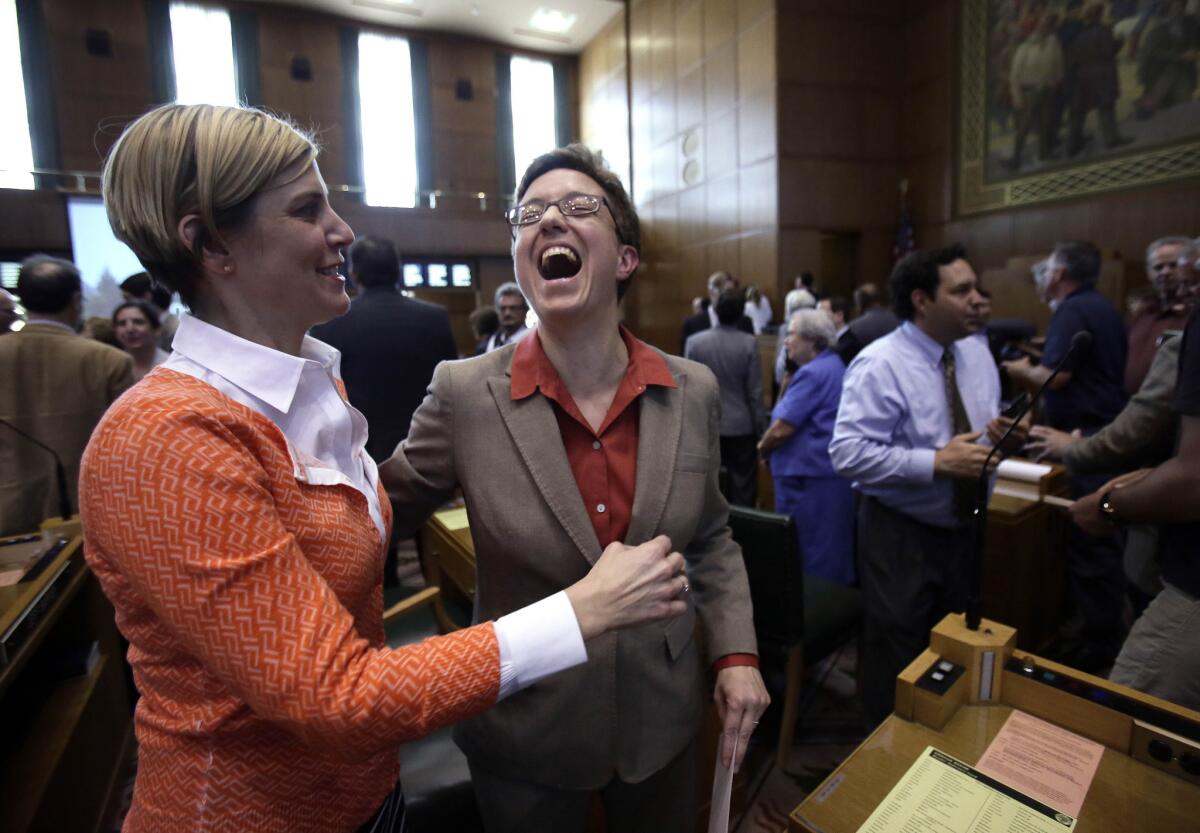A curb on cheap charities

A Michigan-based charity organization known as the Law Enforcement Education Program has spent a shockingly small amount of its money on programming over the last three years — 2.7% to be exact — and a shockingly large amount on fundraising and management. California’s Shiloh International Ministries did not do much better, spending only 3.2% on programs. The same can be said for the American Medical Research Organization in Florida, which spent just 4.2%.
Statistics like these, compiled by the Oregon Department of Justice, were the impetus for a new law making Oregon the first state to eliminate tax exemptions for charities that spend more than 70% on non-programming costs. After all, charities are effectively subsidized by taxpayers, who have a right to make sure that the money is not misspent or wasted. Under the law, the affected charities will not receive a local property tax exemption, and donors to 501(c)(3) charities will no longer receive a state tax deduction for contributions.
In an unusual and laudable show of bipartisan support, the measure passed unanimously in both chambers of the Oregon Legislature, with the exception of four abstentions. House Bill 2060, which is expected to affect fewer than 100 of the 17,152 charities registered in Oregon, should be replicated not only in California but in statehouses throughout the country.
In general, tax exemptions for charities provide positive incentives. They encourage donations to worthwhile causes, and they allow organizations doing good to worry less about the cost of operations and more about their work. At a time when governments are cutting back, charities often play a key role in filling the gaps.
The Oregon law leaves these incentives untouched. It simply prevents taxpayers from subsidizing charities that do not spend the bulk of their funds on programming that directly benefits the public. The law even includes exceptions if a charity has a legitimate reason to allocate less than 30% of its funds to programming. This might occur if, for example, the organization is undergoing a capital campaign.
In the past, Oregon and other states have prohibited charities with high fundraising and management costs from soliciting donations. In 1980, the U.S. Supreme Court rightly ruled that these laws violated the 1st Amendment rights of charitable organizations. This time, however, Oregon got it right. Eliminating a mismanaged charity’s tax exemption does not infringe on that organization’s 1st Amendment rights. Instead, the law imposes common-sense regulations that protect the public. Other states should follow Oregon’s lead.
More to Read
A cure for the common opinion
Get thought-provoking perspectives with our weekly newsletter.
You may occasionally receive promotional content from the Los Angeles Times.






